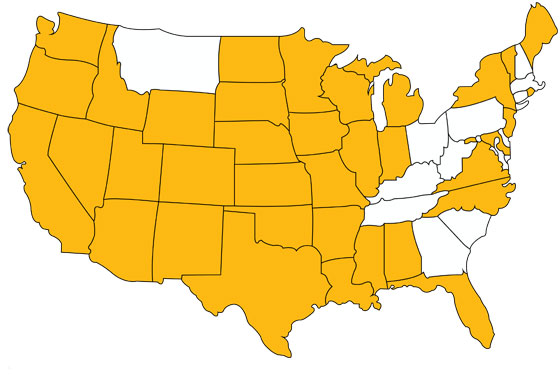History of KAMS
Kansas Agricultural Mediation Services (KAMS) has been the officially certified agricultural mediation program for Kansas since 1988. KAMS is funded through a United States Department of Agriculture (USDA) grant program and administered by K-State Research and Extension.
Program Background
CAMP
Kansas along with more than 35 agricultural states make up the Coalition of Agriculture Mediation Programs (CAMP).

Background of CAMP
- In 1988 Congress authorized USDA to help develop and participate in Certified State Farm Mediation Programs under the USDA Farm Loan Mediation Program as part of the Agricultural Credit Act of 1987.
- In 1992 Congress increased federal matching funds to 70 percent in support of state programs.
- In 1994 Congress expanded the program under the USDA Reorganization Act, authorizing USDA to offer mediation as an option as part of the informal appeals process with respect to adverse decisions on USDA farm program issues.
- Mediation programs assist agricultural producers, their creditors and various USDA agencies to address loan problems, USDA adverse decisions and other disputes. The programs do this in a confidential and non-adversarial setting outside the traditional legal process of foreclosure, bankruptcy, appeals and litigation.
Mission Statement of CAMP
The purpose of the Coalition of Agriculture Mediation Programs (CAMP) is to serve as a presence and voice for the use of mediation in rural disputes. CAMP serves as a clearinghouse and forum for sharing ideas; examining commonalities and differences; and for enhancing decisions about the conduct of rural mediation programs.
